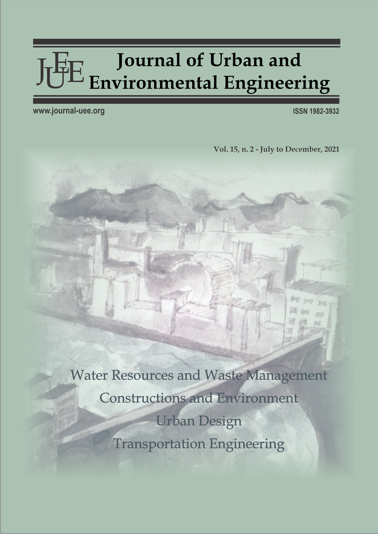ASSESSING THE PERFORMANCE OF GREEN ROOFS FOR STORMWATER RUNOFF MITIGATION IN THE SOUTH AFRICAN URBAN ENVIRONMENT
Abstract
Rapid urbanization has altered the hydrologic cycle, causing increased runoff rates and peak flows in the drainage system. Cities are now facing serious problems relating to stormwater management such as water scarcity, degraded waterways, and increased flooding. Under such circumstances, green roofs present numerous benefits including the retention of rainwater for a longer time and a delay in the peak discharge. Using data from various storm events, this study examined the performance of retrofitted green roofs for stormwater management in the eThekwini region of South Africa. The study also the Personal Computer Storm Water Management Model (PCSWMM) to investigate the effect that the best performing green roof would have on stormwater flow rates and volumes for the region. The results concluded that the green roof systems proved to significantly reduce stormwater runoff flow rates and volumes, and retention largely depended on the intensity and duration of the rain events. The PCSWMM model further confirmed that when compared to the base model, peak flow rates from the green roof model decreased by over 40% for all storm intensities. It can therefore be concluded that the implementation of green roofs within the eThekwini Central Business District (CBD) will be highly effective in reducing peak stormwater flow rates.




